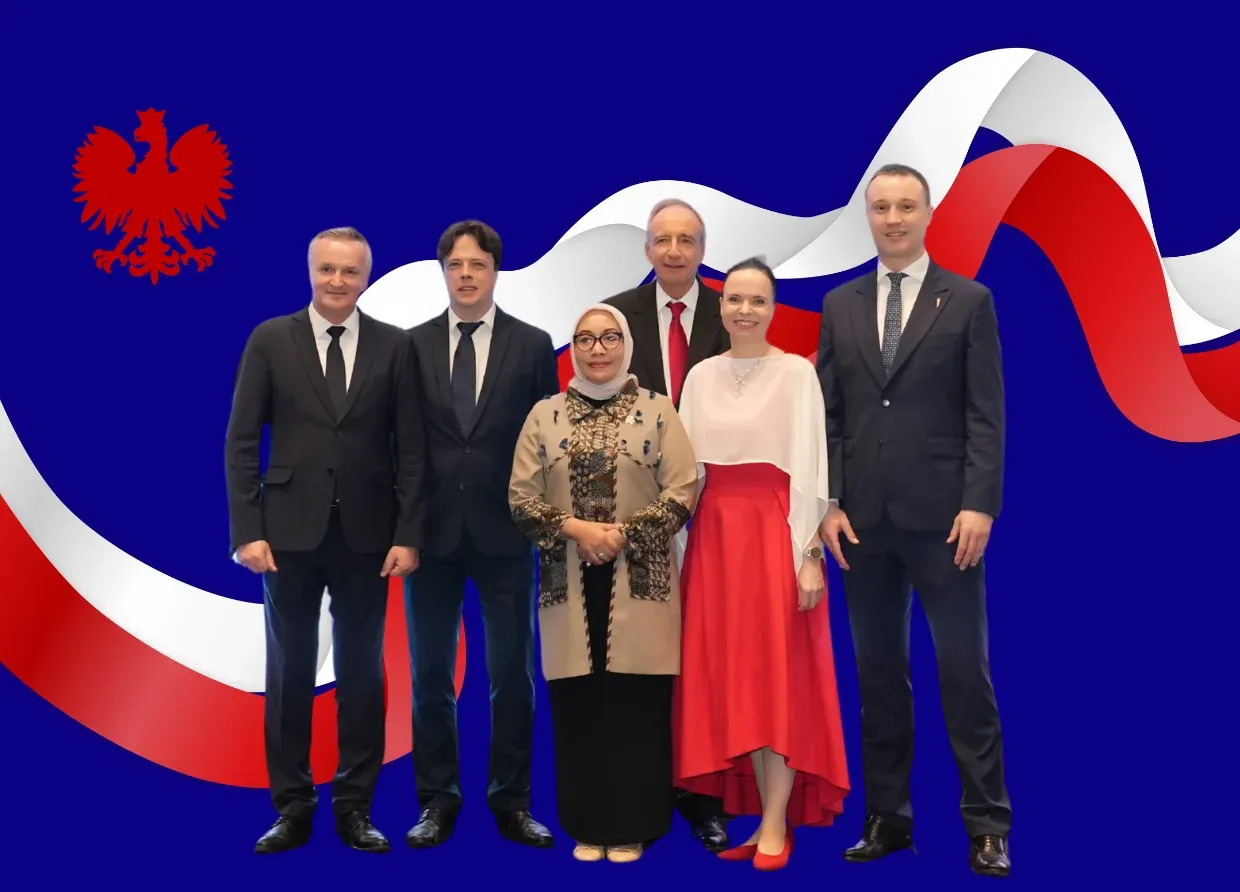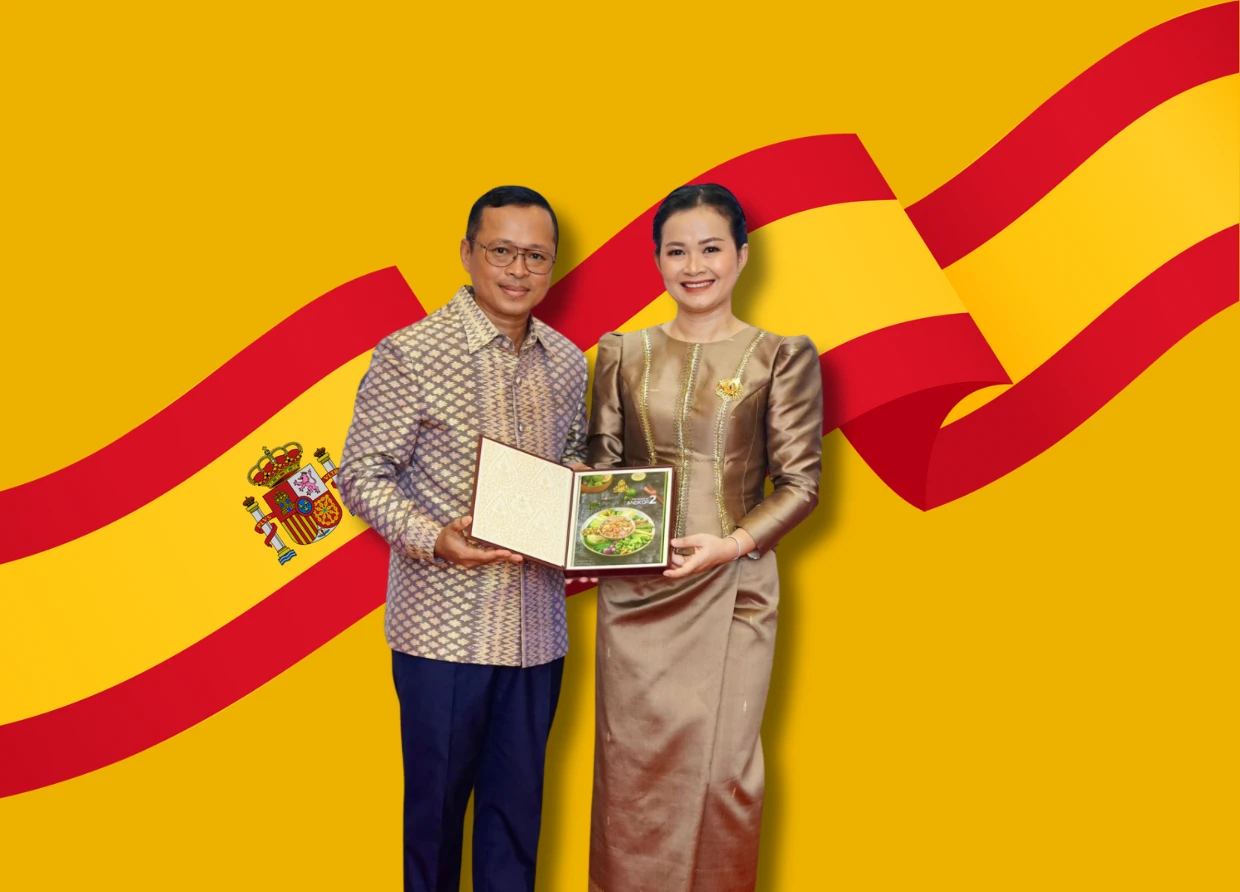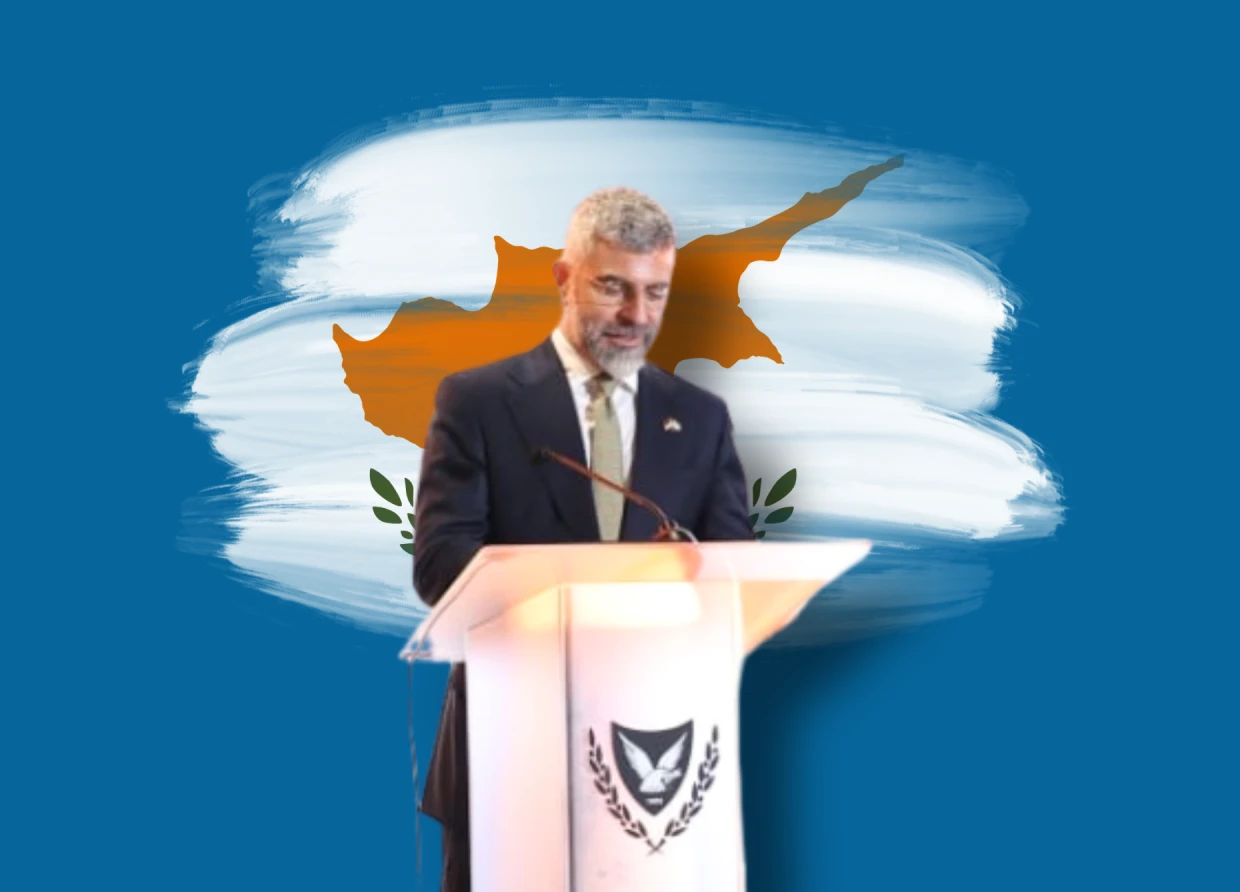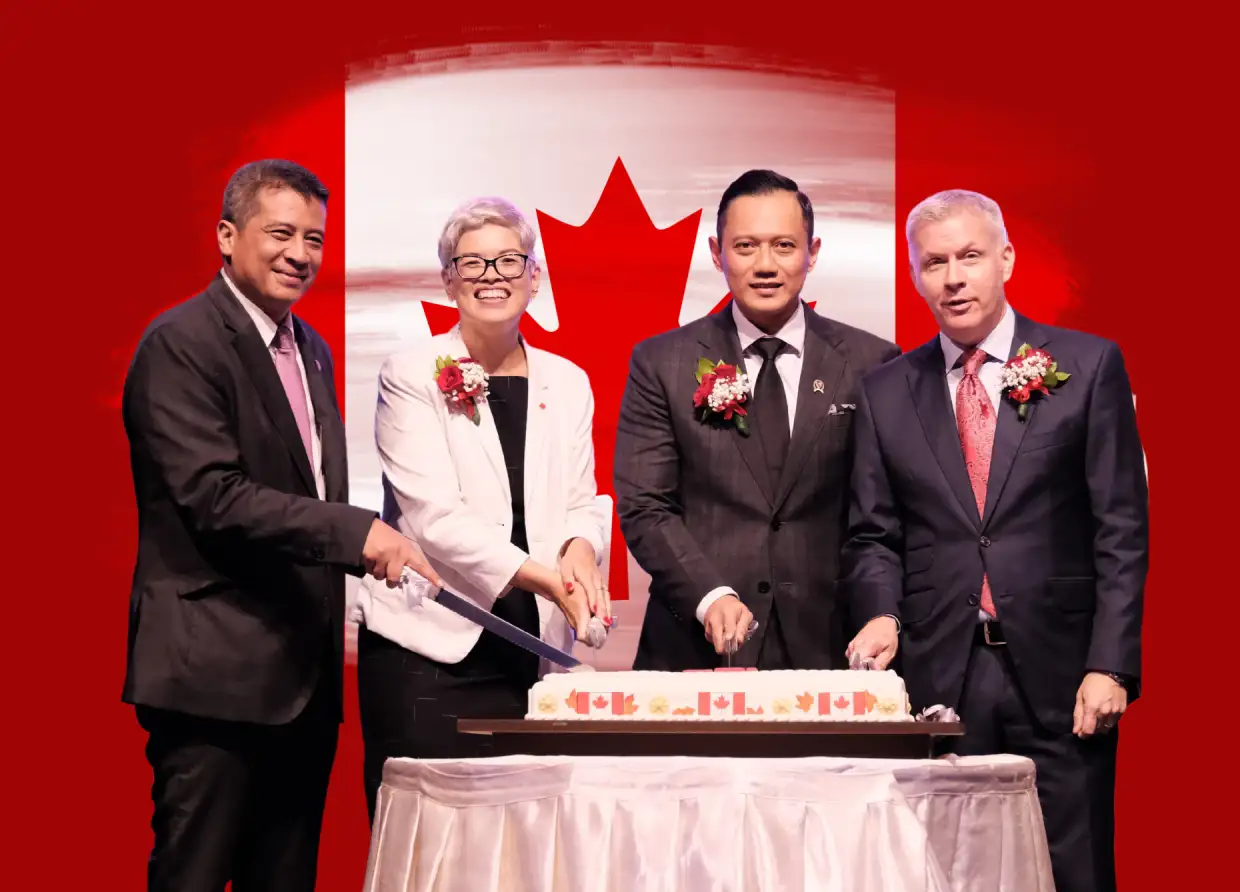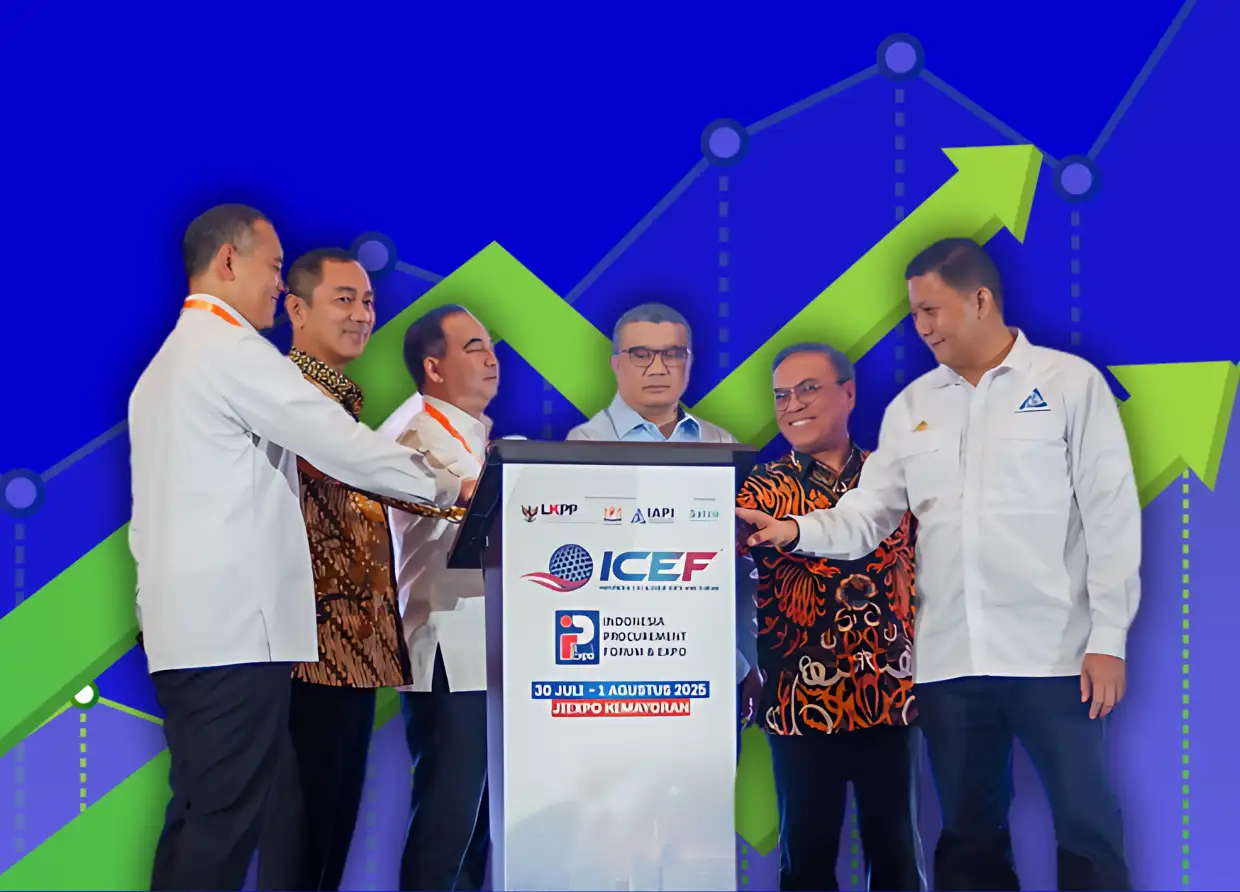RELIGIOUS PLURALISM IN INDONESIA: A DELICATE BALANCE BETWEEN FAITHS AMID POLITICAL CHANGE
Navigating Religious Pluralism in Indonesia: Balancing Faith, Politics, and National Unity in the Prabowo Era
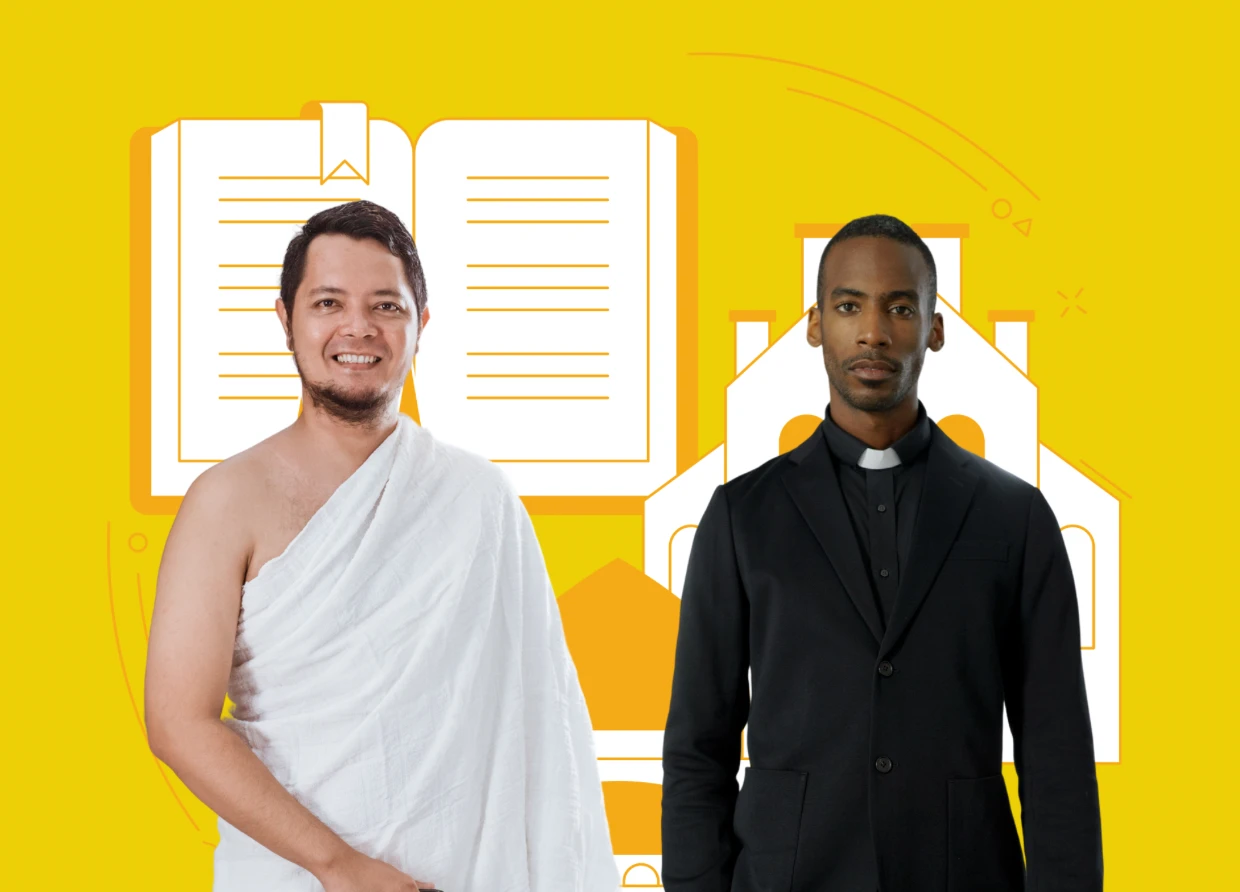
Indonesia, the world’s largest Muslim-majority country, has long been a model of religious pluralism, with its 87% Muslim population coexisting alongside significant Christian, Hindu, Buddhist, and Confucian communities. As the nation enters a new political era under President Prabowo Subianto, a man who has garnered support from conservative Muslim factions, questions about religious identity, governance, and interfaith relations are once again thrust into the spotlight. As Indonesia begins this new chapter, understanding the dynamics between the country’s two largest religious groups—Muslims and Christians—becomes increasingly essential.
Muslim and Christian Demographics: A Diverse Landscape
Indonesia’s religious composition remains one of the most diverse in the world, with approximately 87% of its population identifying as Muslim and 11% as Christian. However, the Christian population is far from homogenous. Although a minority nationally, Christians hold significant numbers in the nation’s less populous provinces, particularly in the eastern regions of Papua. These six provinces account for just 2% of Indonesia’s total population but are home to 15% of its Christian demographic.
This regional concentration of Christians has implications for local politics. Despite their smaller numbers, Christians are well-represented in national politics. According to government data, about 15% of members of Indonesia's House of Representatives (DPR) identify as Christian, a testament to the inclusive nature of Indonesia’s electoral system, which allows for diverse religious representation in government.
Religion and National Identity: Diverging Perspectives
The relationship between religion and Indonesian identity is complex. For many Muslims, Islam is not just a religion but a cornerstone of national identity. In a 2022 survey conducted by the Pew Research Center, 86% of Muslims in Indonesia stated that being Muslim was crucial to being truly Indonesian. This sentiment contrasts sharply with the view held by many Christians, only 21% of whom feel that being Muslim is a key part of Indonesian identity.
While both groups share a strong sense of national pride, their views diverge significantly when it comes to how religion should influence public life. A majority of Muslims (64%) support making sharia law the official legal framework, a proposal that has been a point of contention in recent political debates. In contrast, Christians are generally more open to a pluralistic approach, with many viewing the country's religious diversity as a source of strength.
Diversity and Tolerance: A Shared Value
Despite these differences, both Muslims and Christians in Indonesia recognize the value of religious and cultural diversity. A large majority of both groups agree that Indonesia’s mix of religions and ethnicities makes the country a better place to live. In fact, 67% of Christians believe that diversity enriches the nation, compared to 49% of Muslims who share the same view. Nonetheless, a substantial minority of Muslims (43%) believe that religious, ethnic, and cultural diversity does not make a difference to the country’s well-being.
Indonesians of both faiths also express a willingness to live peacefully with people of different religious backgrounds. An overwhelming 84% of Christians say they would accept Hindus as neighbors, while two-thirds of Muslims express similar sentiments.
A Shared Commitment to Democracy
Another unifying aspect of Indonesia’s religious communities is their overwhelming support for democracy. In a 2022 Pew survey, 85% of Indonesians, both Muslim and Christian, expressed a preference for a democratic form of government over an autocratic system. Additionally, strong majorities in both religious groups (76% of Muslims and 71% of Christians) believe that citizens should have the right to publicly criticize the government if they disagree with its actions.
This shared commitment to democratic values comes at a time when Indonesia's political climate is under scrutiny, particularly regarding issues of governance and freedom of expression. Despite the country's constitutional guarantees of religious freedom, challenges remain in practice, with several reports of local governments halting the construction of houses of worship for religious minorities. A controversial Supreme Court ruling earlier this year reaffirmed restrictions on interfaith marriages, further complicating the situation for those who wish to marry outside their faith.
Religion and Governance: Tension in a Democratic Society
Indonesia’s Constitution guarantees the right to freedom of religion, but the government enforces certain regulations that limit religious expression in practice. The state philosophy of "Pancasila," which promotes belief in a single God, mandates that every citizen list a religion on their national identity card, with no option for “no religion.” This policy, combined with Indonesia’s Blasphemy Law, creates a complex environment for religious minorities, who often face difficulties in accessing government services or engaging in public life.
Indonesia's high ranking in Pew Research Center’s global index of religious restrictions is a testament to the challenges faced by those advocating for greater religious freedom. While government restrictions on religion have been enforced through a series of controversial laws, the spirit of religious tolerance remains a central value for many Indonesians, even if its practical application falls short.
Looking Ahead: Navigating the Intersection of Faith and Politics
As Indonesia embarks on the Prabowo era, the intersection of religion and politics will continue to shape the nation’s trajectory. With religiously conservative factions gaining prominence, Indonesia's leaders will face the delicate task of balancing the aspirations of the Muslim majority with the rights and freedoms of the country's Christian and other minority populations. As the country moves forward, maintaining the delicate balance between faith, governance, and national unity will be crucial for fostering a truly pluralistic society that upholds the values of democracy and inclusivity.
The next chapter of Indonesia’s history is being written at the intersection of faith and politics, and how the country addresses these challenges will have profound implications for its future. The power of Indonesia’s religious pluralism lies not only in its diversity but in the ability of its people to embrace differences while working together for the common good. In a time of political change, this lesson may be more vital than ever.
#THE S MEDIA #Media Milenial #Indonesia #religious pluralism #Muslims in Indonesia #Christians in Indonesia #Prabowo Subianto #Indonesian politics #religious identity #national identity #Pew Research Center #religious diversity #democracy in Indonesia #Pancasila #interfaith relations #government restrictions #freedom of religion #Indonesia elections #Indonesia's constitution #religious freedom #cultural diversity #Indonesian society #religious tolerance
